
Fundamentals of Liver Disease - Cirrhosis 2.0
Recorded On: 07/12/2021
DESCRIPTION
There is currently an anticipated shortage of trained providers capable of diagnosing and treating different liver diseases. As a result of this increased demand and limited specialists in the field, more and more front line providers are faced with these patients and do not have the experience or resources that will allow them to manage them appropriately.
The overall goal is to improve patient care by increasing learner competence and confidence in both proper patient identification and assessment and increasing learner performance in therapeutic options and on-treatment management strategies for patients. Patient outcomes will be improved as a result of the improvements in more providers understanding these key components in the management and care of patients with liver diseases.
KEY TOPIC AREAS
Does My Patient Have Cirrhosis?
Natural History of Cirrhosis and General Management of the Compensated Patient
Varices and Variceal Hemorrhage
Ascites
Hyponatremia and Hepatorenal Syndrome
Hepatic Encephalopathy
Infections in Cirrhosis
Pulmonary Complications in the Patient with Cirrhosis
Does my Patient with Cirrhosis Need to be Referred for Liver Transplant?
Release date: July 12, 2021
Expiration date: July 11, 2024
Time to complete each module: 30 minutes
CREDITS OFFERED
Continuing Medical Education (CME): For a maximum of 4.50 AMA PRA Category 1 Credits™
Continuing Education (CE): For a maximum of 4.50 Contact Hour
You may only earn one Continuing Education Credit type - either CME or CE
Maintenance of Certification (MOC): For a maximum of 4.50 MOC Points
COMPONENTS
Online presentations comprised of:
-9 online interactive, narrated modules 20 to 25 minutes in length
-Pre- and post-test questions for each module
-Evaluation for CME or CE credit offering
DIRECTIONS
Click "Register" to activate the enduring material. Review all section tabs before you begin. Select module of interest. Complete all components to claim either CME or CE. MOC is available for learners who complete and earn CME.
COPYRIGHT
All faculty in this activity have given their permission for publication ©2021 AASLD.
CONTACT INFORMATION
For questions on CME and MOC content or LiverLearning®, contact online_education@aasld.org
For questions on CE credit for this enduring material, contact Certificate@AmedcoEmail.com
Learning Objectives:
• Identify patients with liver disease
• Apply diagnostic tests appropriately
• Discuss important counseling
• Recognize treatment/referral priorities
• Identify first line therapies for different liver diseases
• Refer to specialist in a timely and appropriate fashion
This curriculum was developed for Primary Care Providers and any other healthcare provider interested in liver disease.
Hepatologists
Gastroenterologists
Nurses
Nurse Practitioners
Pharmacists
Physician Assistants
Transplant Coordinators
Surgeons
Fellows/Trainees
Primary Care Physicians
Other healthcare providers
CREDITS OFFERED
Continuing Medical Education (CME): For a maximum of 4.50 AMA PRA Category 1 Credits™
Maintenance of Certification (MOC): For a maximum of 4.50 MOC Points
Continuing Education (CE): For a maximum of 4.50 Contact Hours
ACCREDITATION AND DESIGNATION STATEMENTS
Continuing Medical Education (CME)
The American Association for the Study of Liver Diseases (AASLD) is accredited by the Accreditation Council for Continuing Medical Education (ACCME) to provide continuing medical education for physicians. AASLD designates this enduring activity for a maximum of 4.50 AMA PRA Category 1 Credits™. Physicians should claim only the credit commensurate with the extent of their participation in the activity.
Maintenance of Certification (MOC)
Successful completion of this CME activity, which includes participation in the evaluation component, enables the participant to earn up to 4.50 MOC points in the American Board of Internal Medicine’s (ABIM) Maintenance of Certification (MOC) program. Participants will earn MOC points equivalent to the amount of CME credits claimed for the activity. It is the CME activity provider’s responsibility to submit participant completion information to ACCME for the purpose of granting ABIM MOC credit.
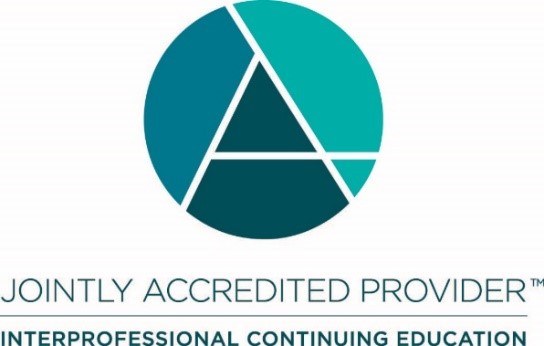
Continuing Education (Nursing Contact Hours)
In support of improving patient care, this activity has been planned and implemented by Amedco LLC and the American Association for the Study of Liver Diseases. Amedco LLC is jointly accredited by the Accreditation Council for Continuing Medical Education (ACCME), the Accreditation Council for Pharmacy Education (ACPE), and the American Nurses Credentialing Center (ANCC), to provide continuing education for the healthcare team. Credit Designation Statement – Amedco LLC designates this enduring material activity for a maximum of 4.50 contact hours for nurses. Learners should claim only the credit commensurate with the extent of their participation in the activity.
CLAIMING CME CREDITS
Physicians and other health care professionals for a maximum of 4.50 AMA PRA Category 1 Credits™ for this enduring continuing medical education material must completed by July 11, 2024.
CLAIMING CE CREDITS
Nurses for a maximum of 4.50 contact hours for this enduring continuing education material must be completed by July 11, 2024.
CLAIMING ABIM MOC POINTS
Physicians seeking ABIM MOC credit must complete the enduring material by July 11, 2024. Requests for MOC after this date will not be honored. MOC Points will be reported to the ABIM by the end of each month through July 2024 for individuals who successfully complete MOC.
HOW TO EARN AND CLAIM MOC POINTS For each module that you wish to claim MOC points for you must:
o Complete the pre-tests
o Watch video presentations
o Complete the post-tests and pass with a score of 70% or higher (Participants have unlimited attempts to earn the passing score.)
o Claim CME credits (ABIM Rule: MOC points must be equivalent to the amount of CME credits claimed for the activity.)
MOC completions are collected on the 15th of each month and submitted to the ABIM by the last day of the month. Points are not submitted automatically and will not display immediately on your ABIM MOC Profile.
MOC points are available for ABIM board certified physicians only.
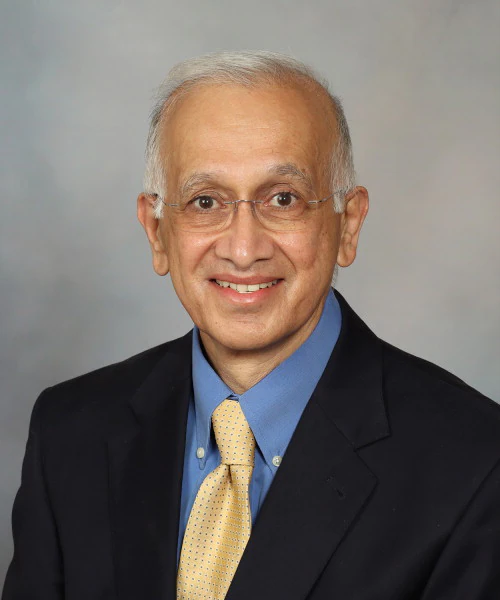
Patrick Kamath
Patrick S. Kamath MBBS, MD, DM is Professor of Medicine and Consultant in Gastroenterology and Hepatology at the Mayo Clinic College of Medicine and Science, Rochester, Minnesota. He graduated in 1976 from St John’s Medical College in Bangalore and subsequently, underwent postgraduate training at the Postgraduate Institute of Medical Education & Research (PGIMER) in Chandigarh, the premier medical post-graduate training Institute in India. He received the Jane and Camillo Patrao Prize in Medicine at St John’s Medical College, and the Kataria Gold Medal (an award for the most outstanding postgraduate student) at the PGIMER. He completed both his MD in Medicine (1980) and is DM in Gastroenterology (1982) at the PGIMER. On his return to Bangalore in January 1983 he joined St John’s Medical College, Bangalore University and quickly rose to the position of Associate Professor and then Professor and Chief at the Department of Gastroenterology. At a national and international level, Patrick S. Kamath has been honored with the Distinguished Educator Award of the American Gastroenterology Association in 2015 and the Distinguished Educator/Mentor award of the American Association for the Study of liver Diseases in 2018. He delivered the Eugene Schiff oration at the AASLD annual meeting in 2017.
Professor Kamath’s academic research has appeared in top-ranking journals including the New England Journal of Medicine, Nature Genetics, the Lancet, British Medical Journal, Gastroenterology, Hepatology, and the Journal of Hepatology. He has served as Associate Editor at different times for the foremost journals in the field: Hepatology, Clinical Gastroenterology and Hepatology, and Journal of Hepatology. With more than 500 papers to his name, he has published widely in various fields, but particularly in the study of clinical outcomes related to cirrhosis and portal hypertension, vascular diseases of the liver, and polycystic liver disease. He has written over 100 chapters in standard texts. However, he is mostly known for his work in the development of the Model for End-Stage Liver Disease (MELD) score.
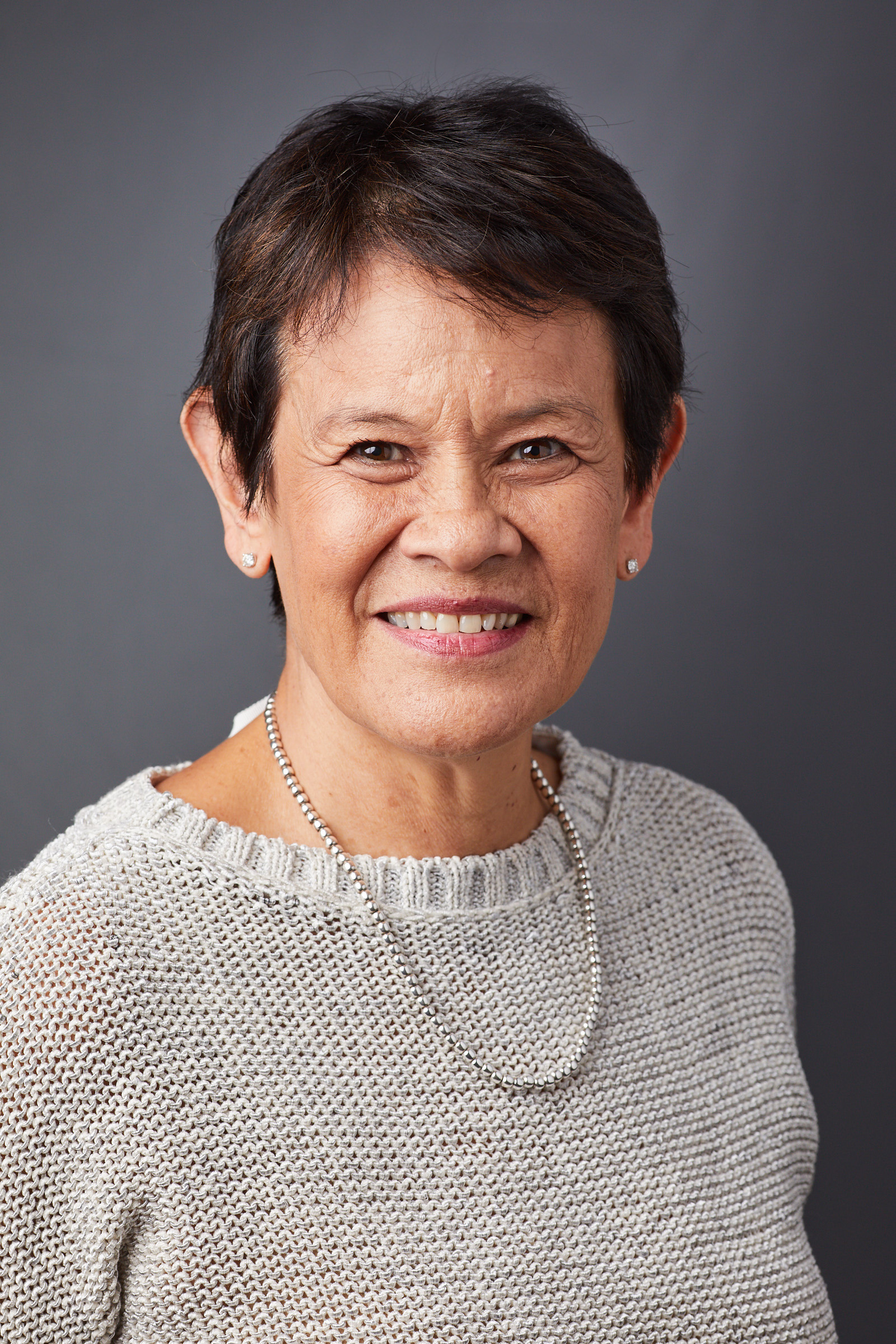
Guadalupe Garcia-Tsao
Guadalupe Garcia-Tsao, MD, FAASLD is Professor of Medicine, Chief of Digestive Diseases and Program Director of the Hepatitis C Resource Center at Veteran’s Administration-Connecticut Healthcare System, as well as Director of Clinical and Translational Core at Yale Liver Center. She is a past president of AASLD. She received her M.D. and training at Universidad Nacional Autónoma de Mexico. Her primary research focus is on clinical research which focuses on cirrhosis and its complications, and she also is involved in the study of bacterial infections in cirrhosis, a complication that is often overlooked.

Juan G. Abraldes
Juan G. Abraldes, MD is a Transplant Hepatologist, Professor and Director of the Liver Unit at the University of Alberta, Edmonton, Canada. He gained his MD in 1995 from the University of Santiago de Compostela, Spain, and got his Board Certificate in Gastroenterology and Hepatology at the Liver Unit, Hospital Clinic, University of Barcelona (2000). He did a postdoctoral training at Yale University (2003–2004).
He has published over 200 manuscripts on the pathophysiology, diagnosis and management of end-stage liver disease. He has co-authored the international Baveno guidelines for the management of portal hypertension in 2005, 2010 and 2015. He is the co-author of the American Association for the Liver Clinical Guidance for the management of varices and variceal bleeding in cirrhosis. He was the chair of the AASLD Portal Hypertension Special Interest Group from 2017-2018.
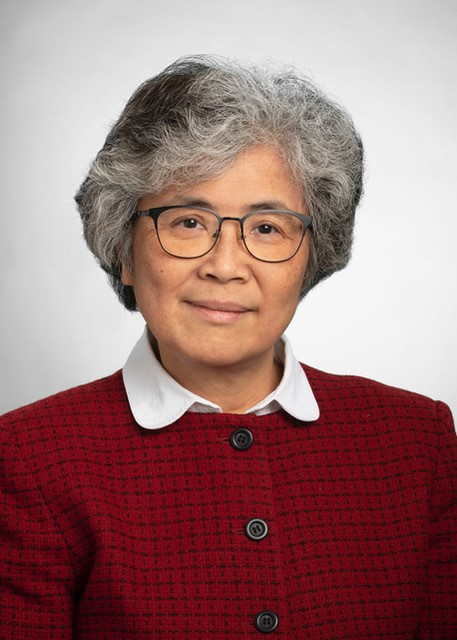
Florence Wong
Florence Wong, MD is a full professor at the University of Toronto and staff Hepatologist at the Toronto General Hospital, Ontario, Canada. She received her medical degree from the University of Melbourne, Australia and completed her postgraduate training in Australia and in Toronto, Canada. Apart from caring for a large population of patients with advanced liver cirrhosis, Dr. Wong has been active in research in the pathogenesis of portal hypertension, ascites formation, liver-kidney interaction, including the development of hepatorenal syndrome, and renal failure in cirrhosis for the past 28 years. She has received research funding from various funding agencies including the Canadian Institutes of Health Research, Canadian Liver Foundation and the National Institutes of Health.
She has been the Secretary of the International Ascites Club, organizing two international meetings on the complications of ascites, she also held the position as the Chair of the Education Committee of the Canadian Association for the Study of the Liver. Recently, she served as the Chair of the "Acute-on-Chronic Liver Failure Special Interest Group" of the American Association for the Study of the Liver, and organizer of the Single Topic Symposium of Acute-on-Chronic Liver Failure. Currently, she is the Deputy Editor of Liver Transplantation. She is also the recipient of the Gold Medal from the Canadian Liver Foundation and the Canadian Association for the Study of the Liver for her contribution to academia in Hepatology.
She has published widely on the topics related to ascites, and renal dysfunction in cirrhosis. She has more than 200 peer-reviewed publications as well as contributing regular reviews, book chapters and editorials on similar topics. She is currently on the writing committee to write the guidelines for the management of refractory ascites for the American Association for the Study of the Liver. Most recently, she has been responsible for putting together a landmark international document defining renal failure in cirrhosis.
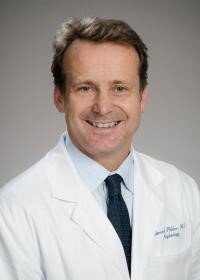
Raimund Pichler
Raimund Pichler, MD is an Associate Professor of Medicine at the University of Washington in Seattle, WA. Dr. Pichler is a board-certified Nephrologist and director of the Kidney-Liver program at the University of Washington. His clinical focus is to improve patient care of patients with renal issues associated with liver disease or liver transplantation.
Dr. Pichler has been a Co-Investigator in several hepatology related trials and has been teaching and mentoring Medical Students, Residents and Fellows at the University of Washington for almost two decades. Dr. Pichler has been on the editorial board of several Nephrology journals and has lectured both nationally and internationally.
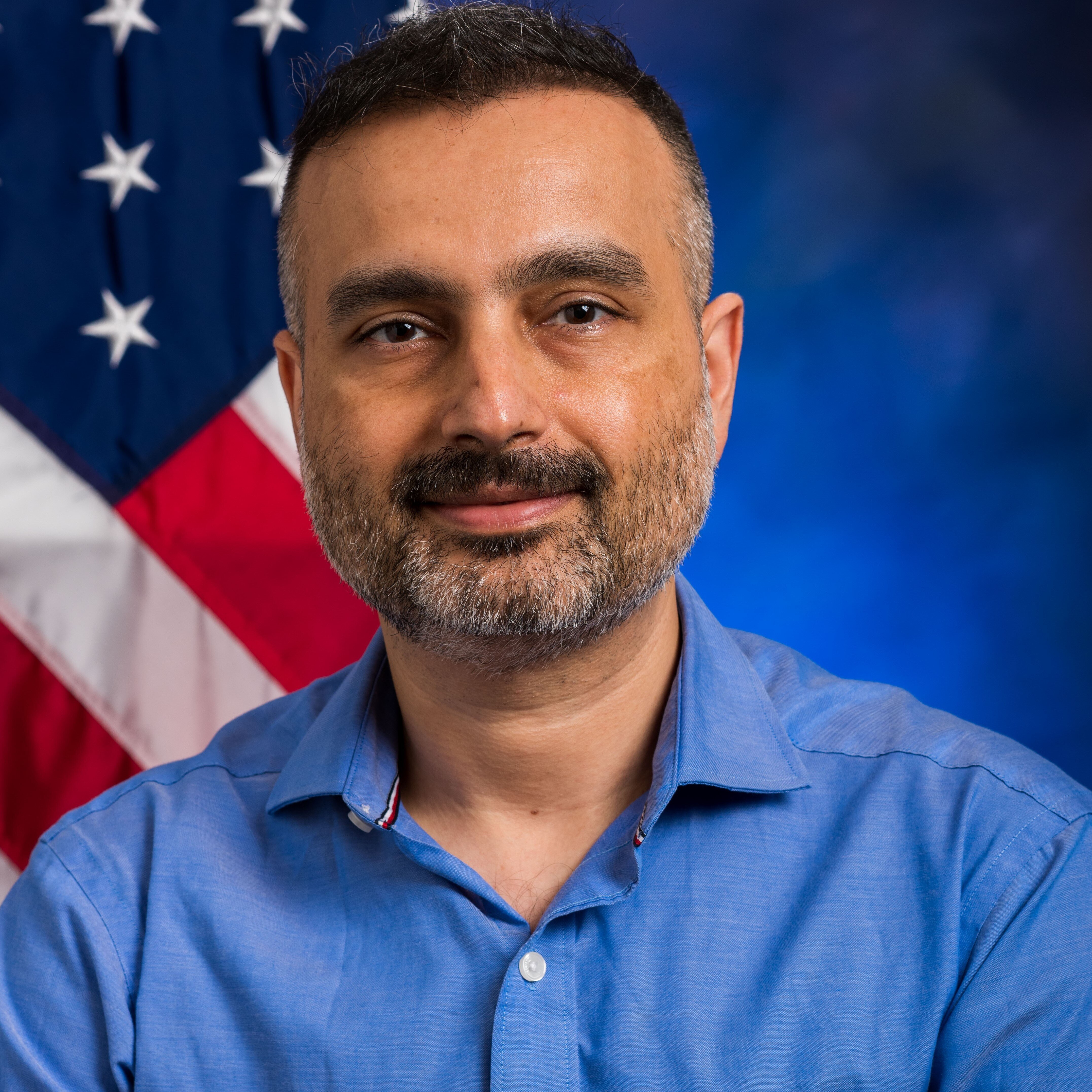
Jasmohan S. Bajaj
Jasmohan S. Bajaj, MBBS, MD, MS, FACG, AGAF, FRCP, FAASLD is Professor of Medicine, Division of Gastroenterology, Hepatology, and Nutrition at Virginia Commonwealth University and Richmond, VA Medical Center in Richmond, VA. He is a Fellow of the American College of Gastroenterology, American Gastroenterological Association, American Association for the Study of Liver Diseases, was elected to the Fellowship of the Royal College of Physicians in London and to the American Society for Clinical Investigation. Dr. Bajaj earned his MBBS from Delhi University at Maulana Azad Medical College. He completed an internship in internal medicine at Delhi University at Maulana Azad Medical College and internal medicine residency at the State University of New York Health Science Center in Brooklyn. He furthered his medical training with a fellowship in gastroenterology and hepatology at the Medical College of Wisconsin Affiliated Hospitals, then went on to earn an MS in epidemiology at the Medical College of Wisconsin in Milwaukee.
Active in research, Dr. Bajaj has served as a principal investigator or co-investigator for numerous clinical trials in areas such as hepatic encephalopathy, chronic liver disease and microbiome. Dr. Bajaj’s research has been funded through the NIH, US Veterans Affairs, AHRQ, and American College of Gastroenterology. His work has been published in Nature, New England Journal of Medicine, Gastroenterology, Journal of Hepatology, Hepatology, The American Journal of Gastroenterology, and Liver Transplantation, among others. Dr Bajaj is the upcoming Co-Editor in Chief for the American Journal of Gastroenterology and is currently an associate Editor for the Red Journal and Gut Microbes. He is on the editorial board for Journal of Hepatology, Hepatology, and Liver Transplantation. He was a member of the AASLD/EASL Hepatic Encephalopathy Guidelines Writing Committee, is the Chairperson of the Acute-on-Chronic Liver Failure ACG Clinical Guidelines and a member of the AASLD ICU and ACLF Guidance committee. He is also a member of the AASLD Clinical Research Committee. Dr Bajaj is the Chairperson for the North American Consortium for Study of End-Stage Liver Disease and was the immediate Past President of the International Society for Hepatic Encephalopathy and Nitrogen Metabolism.
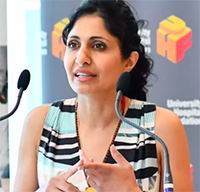
Puneeta Tandon
Puneeta Tandon, MD, FRCPC is an associate professor of medicine, co-director of the Cirrhosis Care Clinic and transplant hepatologist at the University of Alberta in Edmonton, Alberta, Canada. She completed her internal medicine, hepatology and clinical epidemiology training at the University of Alberta with additional training at Yale University and the Hospital Clinic in Barcelona.
Dr. Tandon’s clinical practice and research are focused on cirrhosis with research interests including cirrhosis related complications, malnutrition, frailty, exercise therapy, palliative care and integrative health approaches such as meditation and behavior change techniques. It is her career goal to provide wholistic, interdisciplinary, patient-centered care through evidence, education, empowerment, engagement and teamwork.

Michael B. Fallon
Michael B. Fallon, MD, FAASLD is Professor and Chair of the Department of Medicine at the University of Arizona College of Medicine – Phoenix (UACOMP). A national expert in transplant hepatology and pulmonary complications of cirrhosis, he is actively involved in translational and multicenter clinical studies of hepatopulmonary syndrome and portopulmonary hypertension. He has over 140 publications with 30 years of academic medicine experience including extensive patient care, education, leadership and clinical investigation in internal medicine. In his role as Chair of the Department of Medicine, Dr. Fallon provides executive leadership to many of the multidisciplinary programs at Banner – University Medical Center Phoenix, ten UACOMP divisions, and more than 160 residents and fellows.
Dr. Fallon has received numerous awards recognizing his accomplishments in academic medicine including teaching, research and innovation. Additionally, he has held numerous leadership positions in professional organizations including multiple committees of the American Association for the Study of Liver Disease, member of the American Board of Internal Medicine Transplant Hepatology Test Committee for 9 years and is a past senior associate editor of Clinical Gastroenterology and Hepatology. He also serves as the lead author for the Diseases of the Liver and Biliary System Chapters for Cecil Essentials of Medicine for the past 15 years.
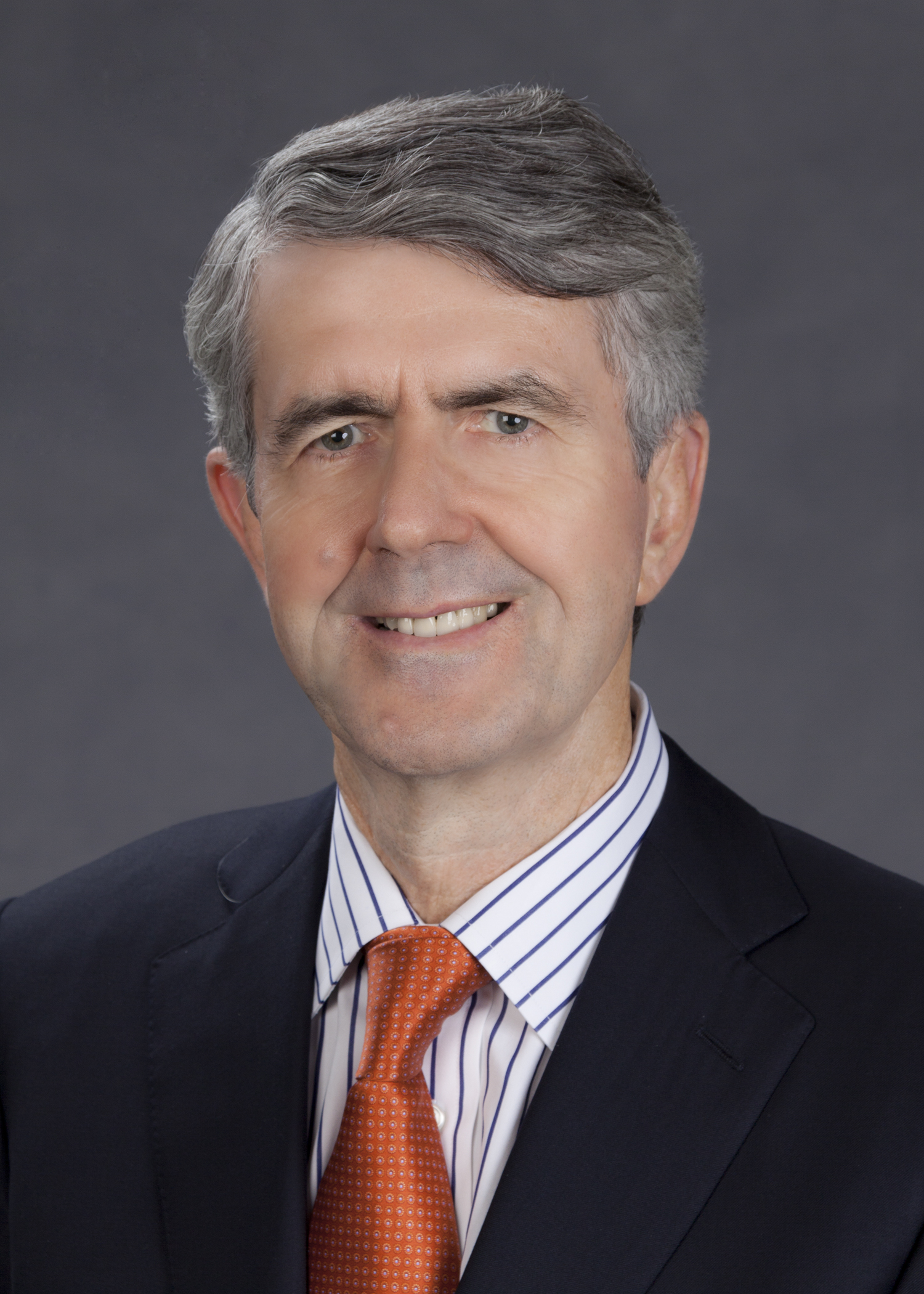
Paul Martin
Paul Martin MD, FAASLD is Professor of Medicine and Chief of the Divisions of Gastroenterology and Hepatology at the University of Miami, USA. He is a native of Dublin, Ireland, where he graduated from medical school at University College, Dublin. He specialized in internal medicine and gastroenterology, training initially in Dublin and subsequently in Canada. He trained in hepatology as a Medical Staff Fellow in the Liver Unit, NIH, Maryland, USA. He is Editor-in Chief of Liver Transplantation and Editor of Handbook of Liver Disease. He was previously a Councilor for AST of the American Society of Transplant. He has had a long standing interest in viral hepatitis and organ transplant.
DISCLOSURE OF CONFLICTS OF INTEREST
AASLD requires all individuals who are in a position to control the content of an educational activity to disclose all relevant financial relationships with any commercial entity producing health-care related products and/or services. Disclosures are collected prior to the start of the educational activity any potential conflicts of interest that exist are resolved prior to implementation of the activity. All disclosures are made available and communicated to the leaner prior the activity beginning.
The faculty, organizers and reviewers have reported the following disclosures:
Patrick Kamath, MD
Faculty
Advisory Committees or Review Panels: Sequana
Guadalupe Garcia-Tsao, MD, FAASLD
Faculty
Nothing to disclose
Juan Abraldes, MD
Faculty
Nothing to disclose
Florence Wong, MD, FRACP, FRCPC
Faculty
Consulting: Sequana
Raimund Pichler, MD
Faculty
Nothing to disclose
Jasmahon Bajaj, MD, MS, FACG, AGAF
Faculty
Advisory Committees or Review Panels: ALF, ACG
Consulting: Salix and Norgine
Grant/Research Support: Grifols, Salix
Puneeta Tandon, MD, FRCPC
Faculty
Nothing to disclose
Michael Fallon, MD
Faculty
Grant/Research Support: Gore
Paul Martin, MD, FAASLD
Faculty
Grant/Research Support: AbbVie, Gilead, Thera, Mallinckrodt, Viking, Durect and Enanta
Amanda J. Chaney, DNP, APRN, FNP-BC
Fundamentals of Liver Disease Committee/Organizer/Reviewer
Royalties: Springer Publishing-Author
Rena Fox, MD
Fundamentals of Liver Disease Committee/Organizer/Reviewer
Grant/Research Support: Gilead Sciences
Sonal Kumar, MD
Fundamentals of Liver Disease Committee/Organizer/Reviewer
Scientific Consultant/Advisory to Industry or Commercial Enterprise, including Development of educational Presentations: Gilead Sciences, Intercept and AbbVie
Speaker's Bureau: Gilead Sciences and AbbVie
Grant/Research Support: Gilead Sciences, AbbVie and Intercept
Adam Mikolajczyk, MD
Fundamentals of Liver Disease Committee/Organizer/Reviewer
Nothing to disclose
April G. Morris, FNP
Fundamentals of Liver Disease Committee/Organizer/Reviewer
Speaker's Bureau: Gilead, AbbVie, Intercept Pharmaceuticals
Scientific Consultant/Advisory to Industry or Commercial Enterprise, including Development of educational Presentations: AbbVie
Paul Pockros, MD
Fundamentals of Liver Disease Committee/Organizer/Reviewer
Nothing to disclose
Amol Rangnekar, MD
Fundamentals of Liver Disease Committee/Organizer/Reviewer
Nothing to disclose
Raj Vuppalanchi, MD, FAASLD
Fundamentals of Liver Disease Committee/Organizer/Reviewer
Data Safety Monitoring Board for Industry or Commercial Enterprise: Enanta, Enyio and LabCorp/Covance Served as PI for multicenter clinical trials: Intercept, Gilead, Zydus Discovery, Novo Nordisk and Eli Lilly
Susan Zapatka, DNP
Fundamentals of Liver Disease Committee/Organizer/Reviewer
Nothing to disclose
Dominique Clayton
AASLD Staff
Nothing to disclose
Melissa Morrison
AASLD Staff
Nothing to disclose
Melanie Stanton, CAE
AASLD Staff
Nothing to disclose
Sheryl Morgan
Amedco LLC Staff
Nothing to disclose
The opinions expressed in the educational activity are those of the faculty and do not necessarily represent the views of AASLD. Please refer to the official prescribing information for each product for discussion of approved indications, contraindications, and warnings.
DISCLAIMER
Participants have an implied responsibility to use the newly acquired information to enhance patient outcomes and their own professional development. The information presented in this activity is not meant to serve as a guideline for patient management. Any procedures, medications, or other courses of diagnosis or treatment discussed or suggested in this activity should not be used by clinicians without evaluation of their patients' conditions and possible contraindications on dangers in use, review of any applicable manufacturer's product information, and comparison with recommendations of other authorities.
Acknowledgement of Commercial Support: No commercial support was received for this enduring material activity.

